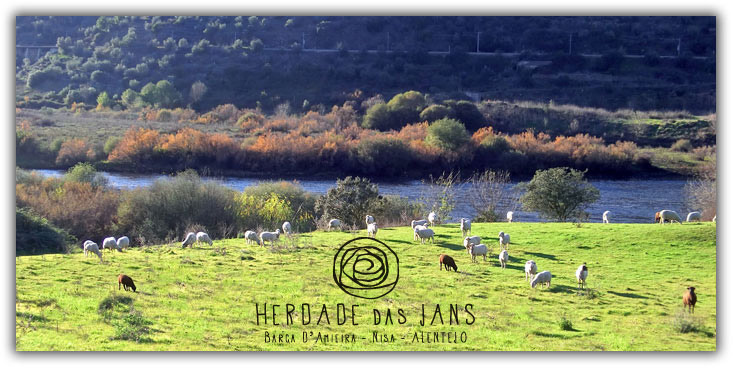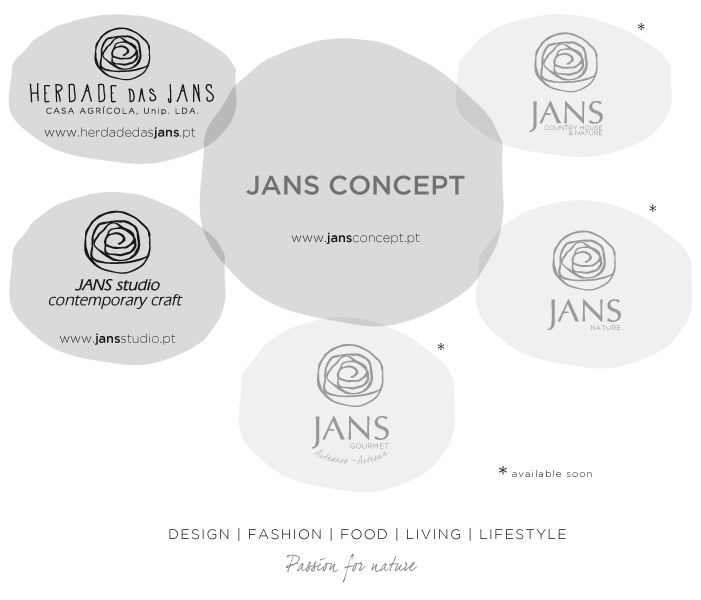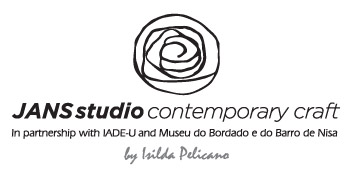It is in the lands of the Northern Alentejo region, in Barca d'Amieira, that is located the "Herdade das Jans" on the shores of an unknown River Tejo (in English Tagus), very different from the river we see flowing into the wide estuary that bathes Lisbon's shoreline.
" The
Alentejo is situated in the south of Portugal, between the River Tagus (Tejo) and the Algarve, being . To the west it is bathed by the Atlantic Ocean. It is an extensive region, essentially rural and thinly populated, occupying a third of the whole of continental Portugal. The beauty of its landscapes and the quality of its archaeological, monumental, architectural and ethnographic heritage and, par excellence, its gastronomy and wines, provide it with exceptional legacies to be discovered through nature tourism and cultural tourism.
The Alentejo it's an open space that appears to have no end. It is colours and smells that burst from the earth. It is the
unmistakeable outline of rural architecture, present in the "montes" (farm complexes) of the great estates, in the oldest rows of houses in the cities, towns and villages or in the chapels, which paint with white the tops of hills.
But the rural quality of the Alentejo of the 21st century is not exhausted in simply "country matters". Through the not always positive changing fortunes of its history, this Region has preserved what today confers on it a value full of future promise: the smallness and environmental quality of its urban centres, the human scale, the silence, the peacefulness, the freedom, the freshness of the air we breathe. It is time. A way that is so peculiar of understanding time, making us feel under our skins that, finally, it is possible to live time in this dizzying world, allowing it to be exactly what it is: the most precious of our possessions. "
Source: Turismo de Portugal



































